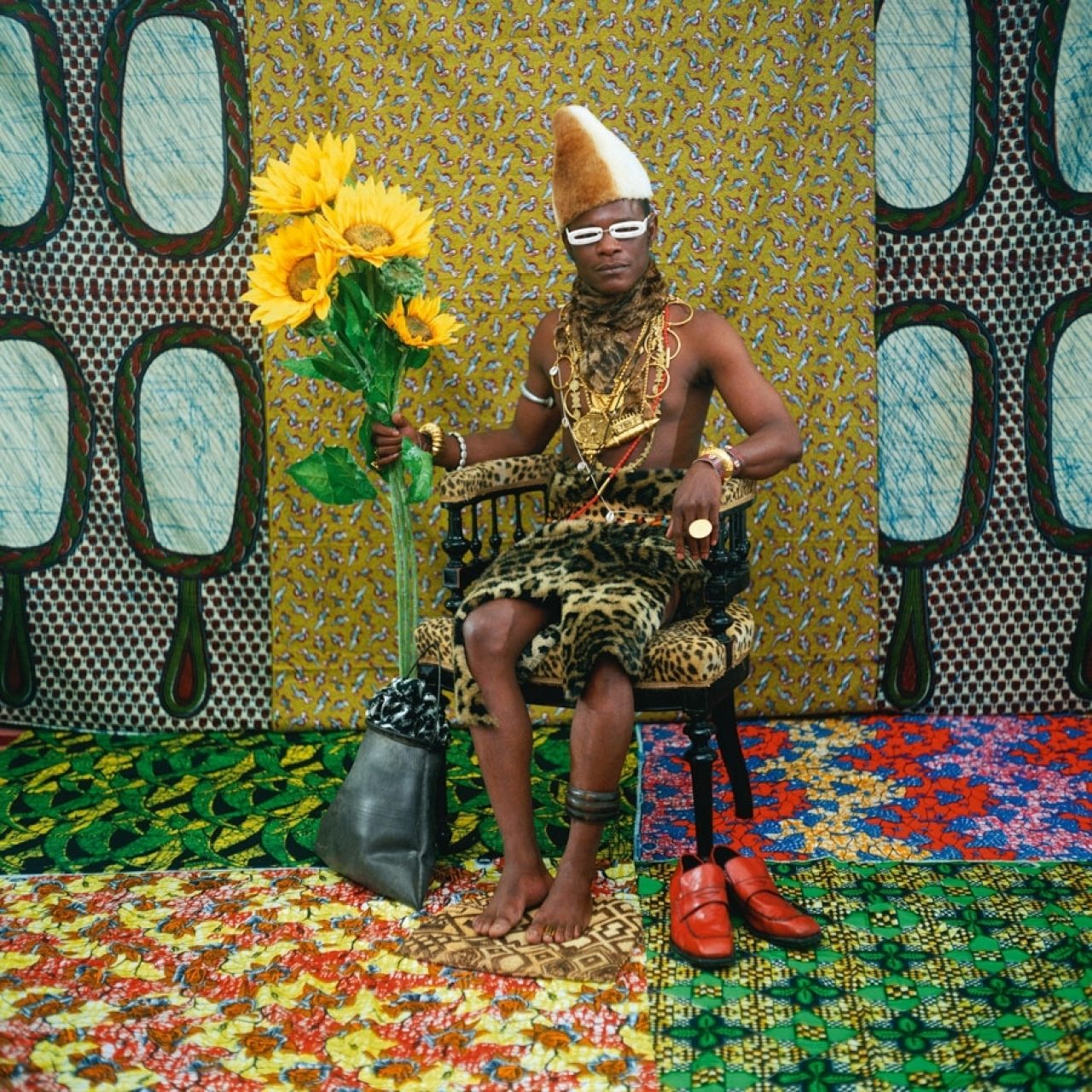
We are proud to introduce Samuel Fosso as the fifth guest in our Appreciation Gallery.
In Fosso’s world, the camera is not a tool. It is a mirror, a stage, and a declaration of self.
Born in Cameroon in 1962 and raised in Bangui, he began taking photographs as a teenager.
What started as simple portraits for his family soon became an exploration of identity, power and imagination.
By night he turned his small studio into a laboratory of selves.
He dressed, posed, performed and built a visual language that redefined what it means to see and be seen.
The Mirror
Fosso’s first images were acts of self-preservation.
He photographed himself because no one else would.
But in doing so he became both subject and author, collapsing the distance between photographer and model, between history and the body standing before it.
He was not documenting life. He was composing it.
Each portrait a quiet refusal to remain invisible.
The Stage
In 1997, invited by the Parisian store Tati to take promotional portraits, Fosso reimagined the assignment completely.
Instead of photographing others, he became everyone.
A businessman. A liberated woman of the 1970s. A Pan African dreamer.
Through costume and pose he embodied stories that stretched across continents, turning satire into commentary and commentary into art.
His studio became a theatre of possibility.
Every frame a negotiation between culture, irony and authorship.
The Echo
Then came African Spirits, a body of work where Fosso transformed into Angela Davis, Malcolm X, Patrice Lumumba, Kwame Nkrumah and more.
It was not mimicry but invocation.
A conversation with the ancestors conducted through light and fabric.
Those portraits blurred the boundary between tribute and possession.
They became a new kind of archive, one that breathed.
The influence
Fosso’s legacy reaches far beyond photography.
His vision shaped the way we think about performance, identity and fashion.
Designers like Grace Wales Bonner have built upon his visual language, translating his sense of self authorship into garments, spaces and cultural storytelling.
He showed that style can be an act of resistance.
That to dress is to declare.
That to perform is to remember.
Reflection
At Zongoville we build from identity and heritage, but we move through curiosity.
Fosso’s work stands at that intersection, where introspection meets performance and the personal becomes universal.
His story reminds us that identity is not fixed.
It is an ongoing rehearsal of freedom.
A way of saying, again and again, I am here.
Discover more
Explore his work at samuelfosso.com
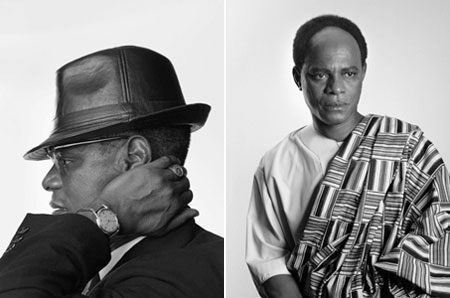
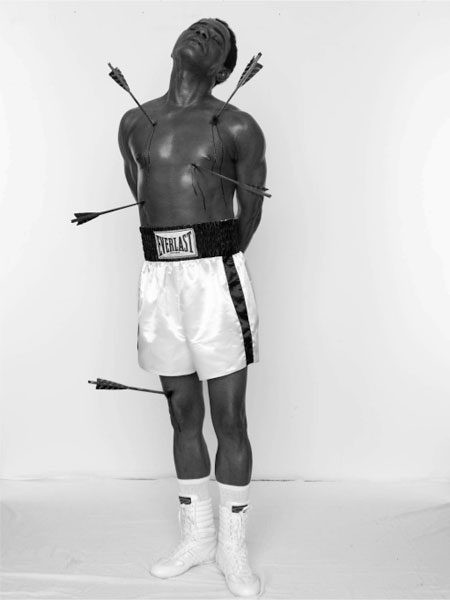
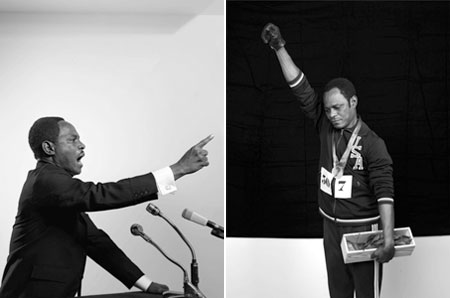
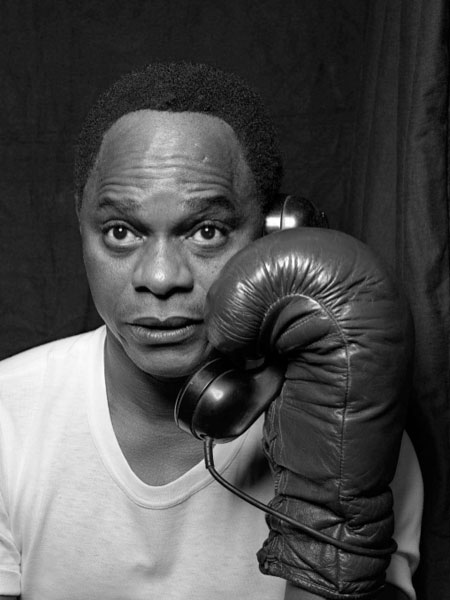
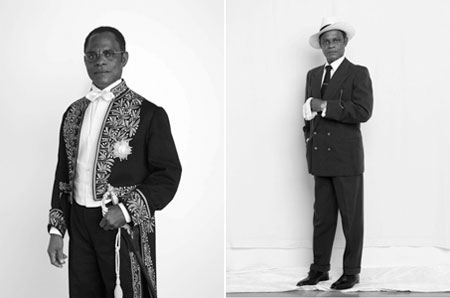
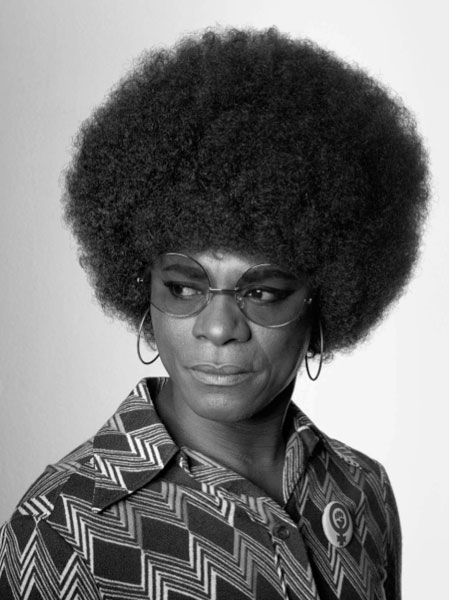
All rights belong to Samuel Fosso ©

